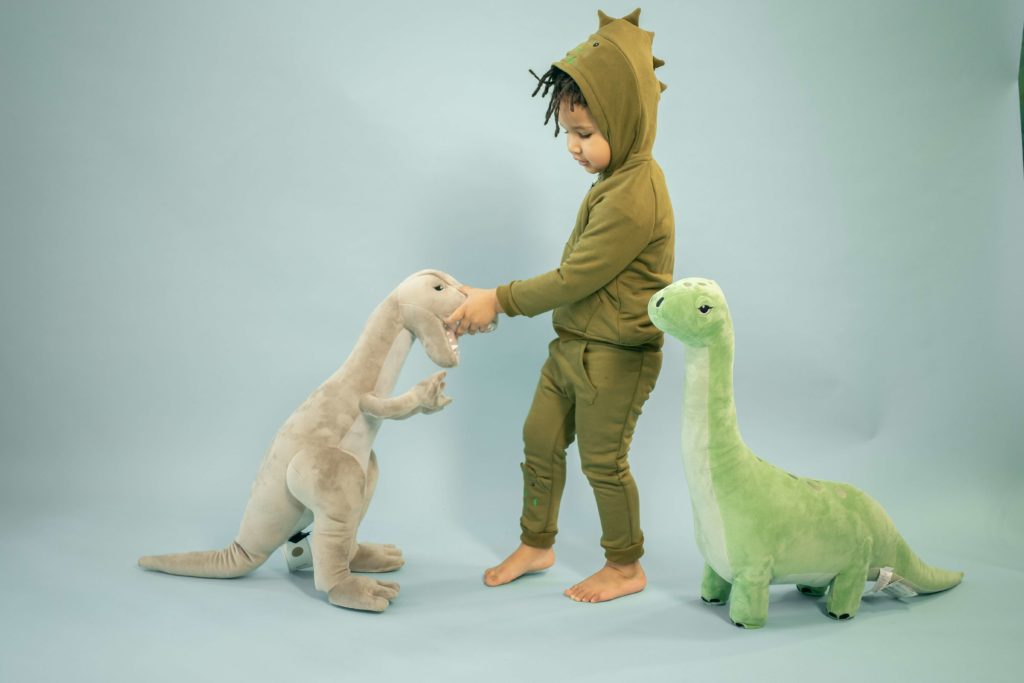
Your Montessori kindergarten in Agoura is filled with play-based activities to entertain and educate children. From the Pink Tower to practical life activities, a lot of what your child does each day is meant to be enjoyable, and that is an important distinction.
What is Play-Based Activity?
Play-based learning is a cornerstone of your Montessori kindergarten in Agoura. The entire Montessori process depends on children being engaged in learning. This could be anything from dressing up in outfits from around the world to learning math with a binomial cube. Outdoors, play-based activities include running and climbing, as well as a host of other activities.
Developing Motor Skills
Small children are still mastering things like hand-eye coordination and the precise control needed to manipulate small objects with their fingers. Through play-based activities of all sorts, these fine motor skills develop, all the while keeping the child happily engaged with the activity at hand.
Social Development
When young children play with other kids, they are honing the social skills that were first introduced to them in preschool. Speaking clearly and politely, waiting on their turn, and learning to share are all social skills that are essential to any sort of group play, even something as simple as a game of Hot Potato.
Language and Communication
Children are learning to communicate and adding new words to their vocabularies as they play. Playful activities are also a great way to learn new languages, offering a visual clue as to the meaning of strange new words.
Critical Thinking Skills
As children work their way through fun activities, they are also honing critical thinking skills. Problem-solving is an important skill, and children are taught how to do it through well-designed Montessori activities intended to challenge children at many different levels.
Where traditional education systems rely on doing the same thing over and over until it has been memorized, your Montessori kindergarten in Agoura provides learning opportunities through “toys” and “games.” The thing to remember, however, is that play is real, and children see it as a type of exciting work that opens up new horizons of discovery.